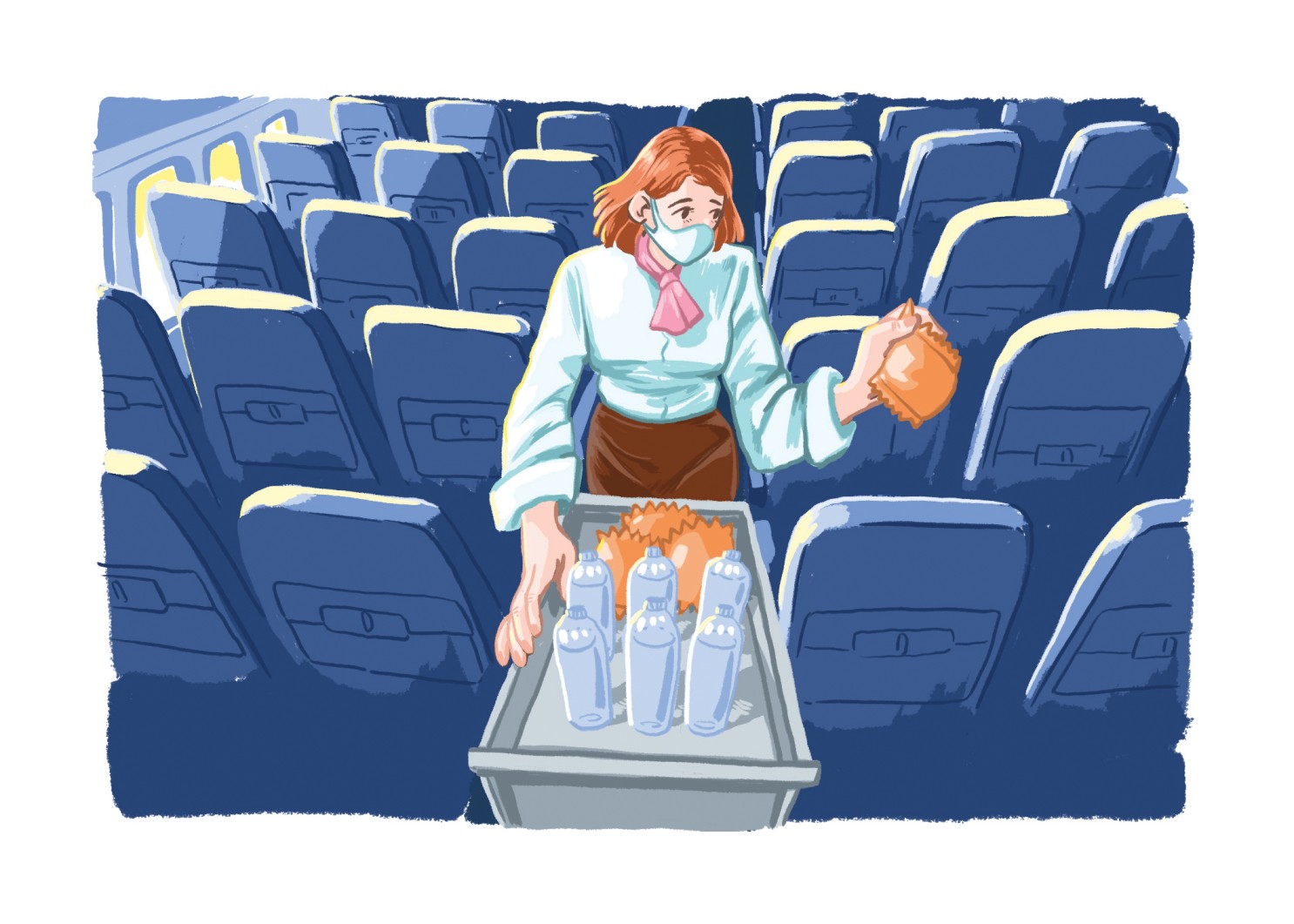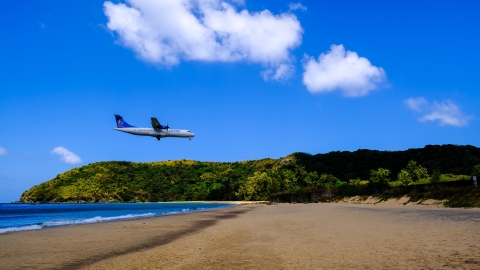"A place where passengers can vent their anger"
A story unfolded on the night of August 1st at San Juan Airport in Puerto Rico, where passengers stranded due to a canceled Spirit Airlines flight became chaotic and out of control. They banged on doors and shouted at staff, and police even had to cordon off the cabin to protect airline employees. One flight attendant recounted how they had to rush across the jet bridge to a safety office on the runway. There, approximately 35 Spirit Airlines employees had to change into their uniforms for safety reasons.
This summer, air travelers have faced an unusually high number of flight disruptions due to severe staffing shortages, bad weather, and technical issues. According to data from Flight Aware, a flight tracking service, nearly a quarter of U.S. passenger flights were delayed between June and mid-August, with 4% of those flights canceled in the first half of August. Spirit alone canceled nearly 2,500 flights between August 1st and August 15th.
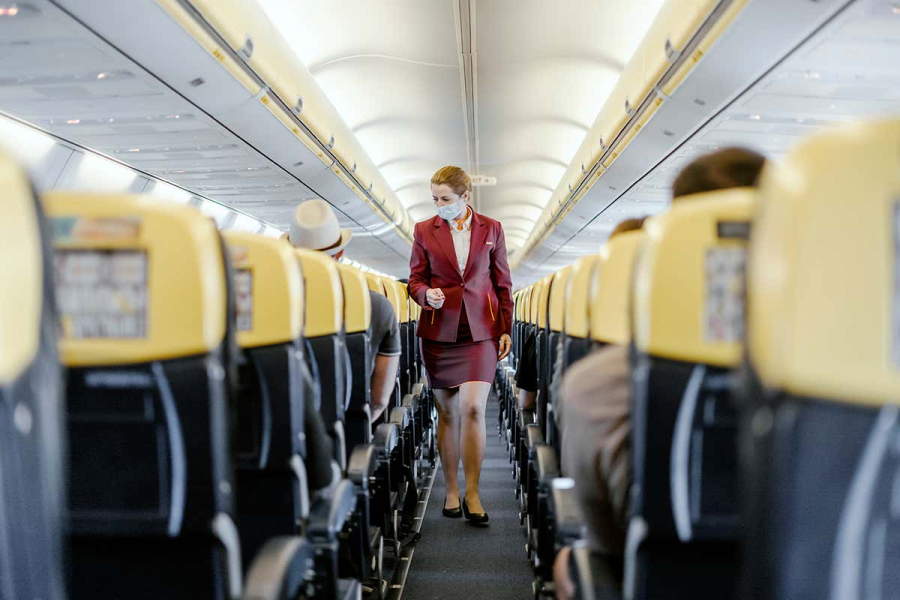
Flight attendants across the United States say they are struggling to cope not only with these lengthy delays, but also with the rise in aggressive passenger behavior. Nearly 4,000 incidents of unruly passengers were reported to the Federal Aviation Administration (FAA) in 2021, a number described as “rapidly and significantly increasing.”
Most of these reports concern flight attendants requiring proper mask-wearing from a wide range of passengers, from careless to aggressive individuals, sometimes even resorting to verbal or physical abuse against the flight attendants. Images and videos of fights and humiliation on airplanes have now become a common topic on social media.
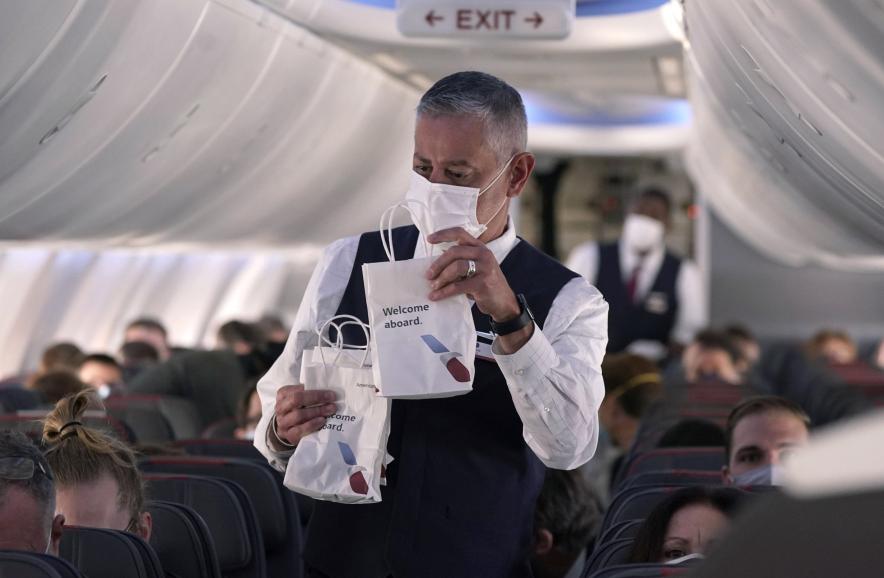

An American Airlines flight attendant says that since June, she has been summoned by law enforcement after being verbally assaulted twice – after six years of flying without any similar incidents. Both altercations involved mask-wearing. “The heartbreaking thing is that they didn’t believe me at all. I didn’t even feel like I was being treated like a human being anymore,” the flight attendant said.
Sara Nelson, President of the Flight Attendants Association, said: “Twenty years ago, every flight attendant who stepped onto the plane meant they were in complete control. But now, flight attendants are becoming ‘the passengers’ dumping ground’.”
staff shortage and increased working hours
In the spring of 2021, as vaccination rates increased, Covid-19 cases decreased, and restrictions were eased, demand for summer travel rebounded faster than expected. Many airlines increased their flight schedules and added new routes. But contrary to this growth, they faced a shortage of staff to serve passengers.
Data from the U.S. Bureau of Transportation Statistics shows that the number of full-time airline employees in June 2021 was nearly 14% lower than in March 2020. Tens of thousands of flight attendants were laid off during the pandemic. American Airlines said that approximately 3,300 flight attendants had not yet returned after taking leave.
"Many people were laid off too quickly following the decision to extend leave and retire early, so now airlines are struggling to meet passenger demand," said Paul Hartshorn, a flight attendant and spokesperson for the Professional Flight Attendants Association.
Pilot shortages, insufficient gate staff, a lack of baggage handlers and delivery drivers... all can cause difficulties for a flight. When a cabin is understaffed, airlines have to rely on reserve flight attendants. This summer, airlines have increased the number of reserve flight attendants to the maximum. However, when this number is insufficient, regular flight attendants may suddenly be subjected to longer-than-expected working hours, which is happening more frequently and putting even more pressure on them.
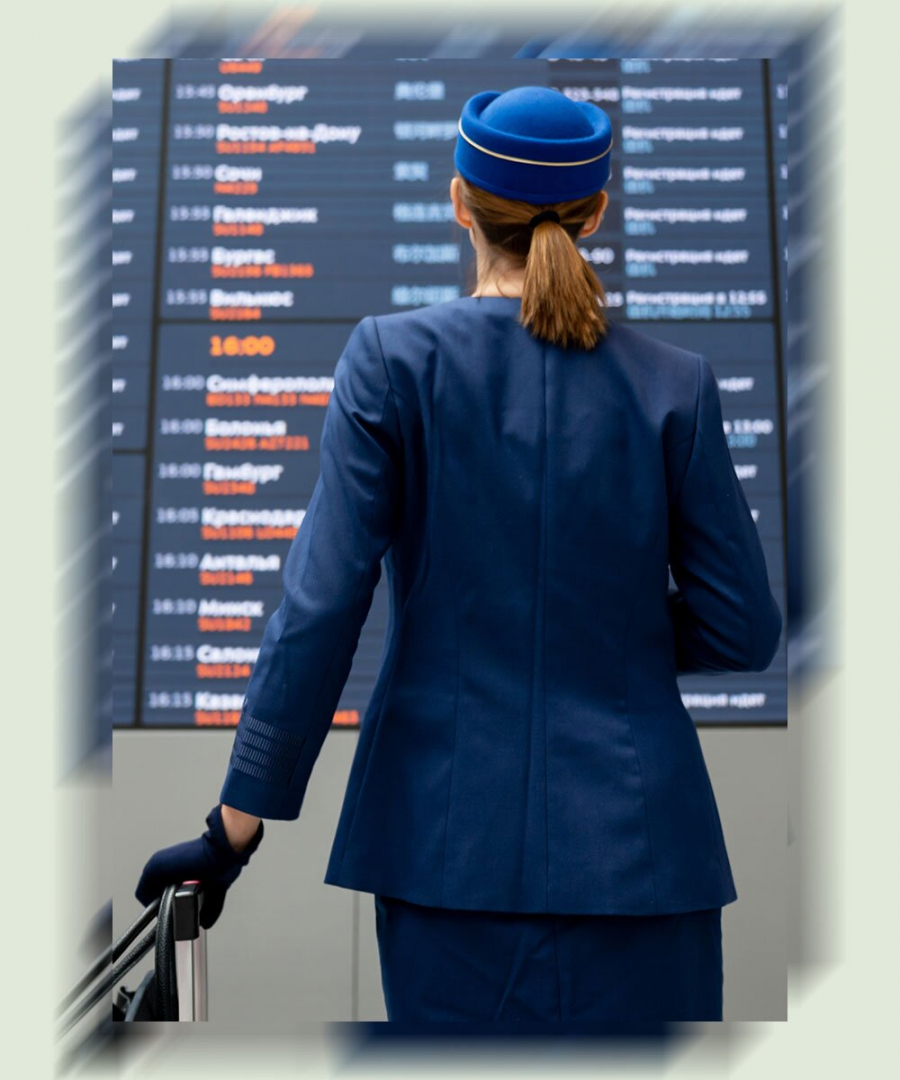
Jacqueline Petzel, a flight attendant reserve for American Airlines, said that during the first week of August, she was woken up repeatedly at 2 a.m. with only two hours to get to the airport, then worked continuously for 15 hours. She said she had a minimum of 10 hours of rest at the hotel between shifts. During that time, she had to prepare dinner, shower, call family, relax, sleep, eat breakfast, and get ready for the next shift.
"It's hard to keep your eyes open when you have to get up so early, especially on a long flight," Petzel said. There were times she even fell asleep without changing out of her uniform after 15 consecutive hours of flying.
Another flight attendant working with United Airlines said she had to work with red, watery eyes during a four-day flight in July.
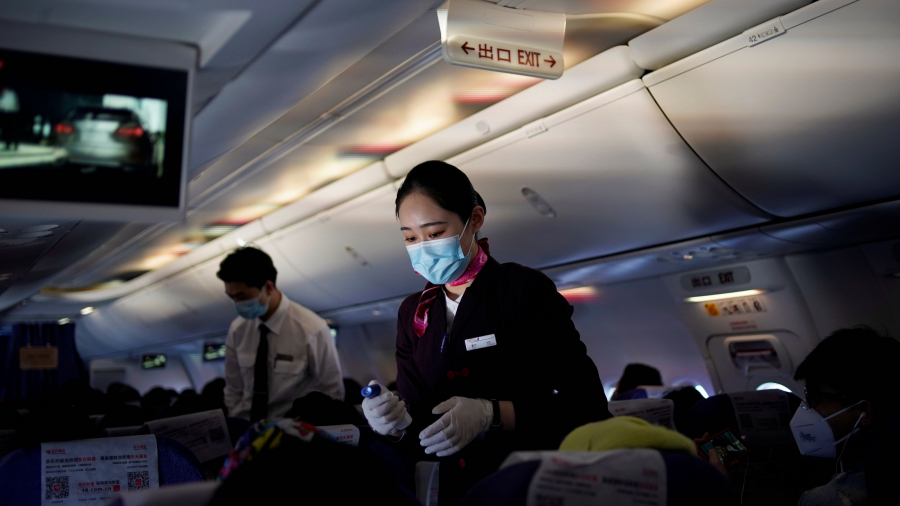
Flight attendants are assigned a maximum number of hours to work, although many say the scheduling department is increasingly putting pressure on them, forcing them to accept longer shifts. When a flight attendant exceeds the maximum number of hours, it can even be considered "illegal" behavior.
Responding to this issue, Whitney Zastrow, a spokesperson for American Airlines, said: "We have been taking steps to improve the quality of service provided by our flight attendants, including working closely with our hotel and limousine partners."
...No one spoke up.
Many flight attendants say they fear being penalized for taking time off, especially at this time. Some airlines have attendance-based timekeeping policies, where unplanned absences (e.g., illness) result in one point being marked. Too many points can lead to an investigation or even dismissal. JetBlue warned crew members that they would receive double attendance points for unannounced absences on the weekend between July 23 and September 12.
A JetBlue flight attendant said that last month he worked more than 17 hours per shift and only had a minimum of 8 hours of rest between shifts. He considered calling in sick several times but worried about having too many attendance points and feared his contract would be terminated.
Normally, Southwest Airlines would allow flight attendants to call in sick without a doctor's note. But now, the airline has introduced an "emergency sick call procedure," requiring employees to verify their illness with the airline's doctor. This has left flight attendants feeling frustrated and that it's a waste of time and effort just to get one day off.
Flight attendants say they feel uncomfortable seeing the airline's doctor, especially if it involves mental health issues. "Our mental health has never been affected as much as it is now," said a 30-year-old Southwest flight attendant. "You can't even call in sick if you're experiencing severe depression or anxiety. For them, it's still not a problem."
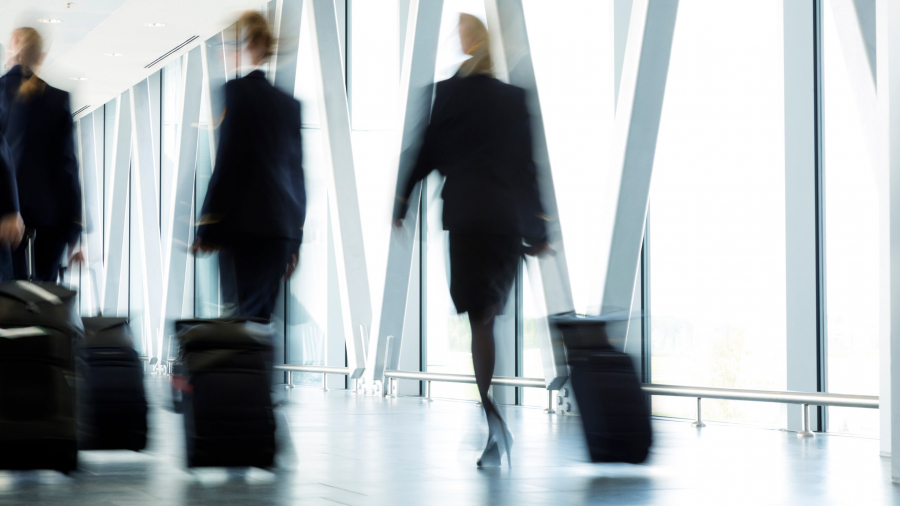

 VI
VI EN
EN



